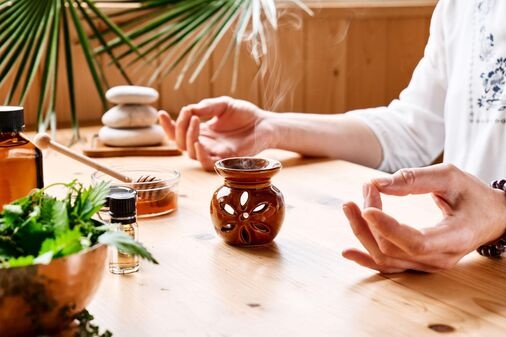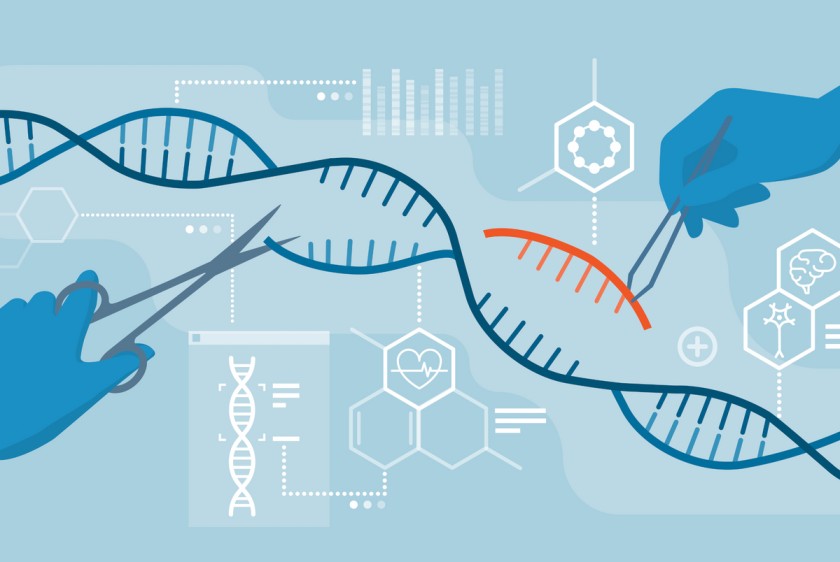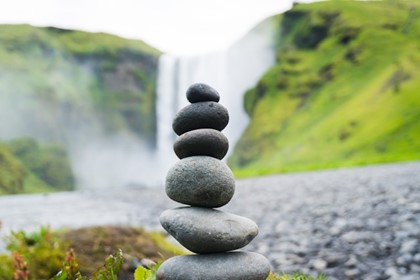It’s a warm summer day, and you’re surrounded by the soothing scents of blooming flowers, a gentle breeze, and the faint rustling of leaves. You’re at peace with the world, and life’s worries seem to evaporate.
Now imagine if you could bottle that serenity and carry it with you, ready to combat anxiety and panic attacks whenever they strike. Well, you can, with essential oil blends.There are many essential oil blends for anxiety and panic attacks that you can use to create a soothing atmosphere.
Aromatherapy isn’t a whimsical practice; it’s based on solid science. When you inhale the aroma of essential oils, the molecules travel through your olfactory system and into your brain. This journey activates the limbic system and is responsible for emotions, memories, and stress responses. The result? Instant relaxation, improved mood, and reduced anxiety.
The Best Essential Oils for Anxiety and Panic Attacks
Here are some of the benefits of essential oils for anxiety and panic attacks:
Essential Oils for Anxiety
1. Lavender Oil: Easing Nervousness and Promoting Calm
Lavender oil is one of the most popular essential oils for anxiety due to its calming and soothing properties. It has been shown to reduce nervousness, promote relaxation, and improve sleep quality. Inhalation of lavender oil or using it in a diffuser can help create a calming environment during times of anxiety.
2. Frankincense Oil: Reducing Stress and Aiding Relaxation
Frankincense oil is known for its grounding and centering properties. It has been used for centuries to reduce stress and promote relaxation. The aroma of frankincense oil can help calm the mind, alleviate anxiety, and enhance overall well-being.
3. Bergamot Oil: Uplifting and Anxiety-Reducing Properties
Bergamot oil has a refreshing and uplifting citrus scent that can help reduce anxiety and promote a positive mood. It has been shown to have anxiety-reducing effects, making it a valuable addition to essential oil blends for anxiety management.
4. Ylang-Ylang Oil: Alleviating Tension and Promoting Emotional Balance
Ylang-Ylang oil has a sweet floral scent that is known for its calming and soothing effects. It can help alleviate tension, promote emotional balance, and reduce anxiety symptoms. Incorporating ylang-ylang oil into your anxiety management routine can help create a sense of peace and tranquility.
Essential Oils for Panic Attacks
1. Chamomile Oil: Soothing and Calming Effects During Panic
Chamomile oil is renowned for its calming and soothing properties. It can help relax the mind and body, making it an excellent choice for managing panic attacks. Inhalation of chamomile oil or using it in a personal inhaler can provide immediate relief during moments of panic.
2. Cedarwood Oil: Grounding and Stabilizing Emotions
Cedarwood oil has a warm and woody aroma that can help ground and stabilize emotions. It has been used for centuries to promote a sense of calm and reduce anxiety-related symptoms. Incorporating cedarwood oil into your panic management routine can provide a sense of stability during episodes of panic.
3. Rose Oil: Encouraging Emotional Strength and Stability
Rose oil is known for its luxurious and uplifting scent. It can help encourage emotional strength and stability, making it beneficial for managing panic attacks. The aroma of rose oil can provide a sense of comfort and support during moments of intense fear.
4. Vetiver Oil: Quieting the Mind and Reducing Panic-Related Symptoms
Vetiver oil has a deep, earthy aroma that can help quiet the mind and reduce panic-related symptoms. It has been used for centuries to promote relaxation and emotional balance. Incorporating vetiver oil into your panic management routine can help create a sense of calm and serenity.
Creating Your Own Essential Oil Blends for Anxiety and Panic Attacks
Managing anxiety and panic attacks with essential oils often involves creating personalized blends that cater to individual needs. Here are some tips for creating your own essential oil blends:
1. Keep Notes:
- Create a journal to record your blend recipes, their effects, and any personal preferences.
- Document any adverse reactions or sensitivities for future reference.
2. Experiment and Blend:
- Start with a few oils that complement each other in terms of scent and therapeutic properties.
- Experiment with different combinations to find what works best for you.
3. Layer Scents:
- Consider top, middle, and base notes in your blend for a well-balanced aroma.
- Layer oils with different evaporation rates to create a long-lasting scent profile.
4. Balance Your Intentions:
- Tailor your blends to address specific emotional or physical needs, such as relaxation, focus, or energy.
5. Be Mindful of Quantity:
- A little goes a long way; start with a conservative amount of essential oils in your blend.
Remember that creating your own essential oil blends is both an art and a science, and it may require some trial and error. With practice, you’ll develop a deeper understanding of essential oils and how to craft blends that cater to your unique needs and preferences.
However, you don’t have to make a blend yourself. You can find some that are ready-made by oil experts, like this one here, and can start enjoying the benefits of essential oils without any effort (or additional stress).
The Potential of Essential Oil Blends for Anxiety and Panic
As you can tell, essential oils can be a powerful tool in managing anxiety and panic attacks. Their unique properties and aromas can help promote relaxation, reduce stress, and bring a sense of calm during moments of chaos.
By understanding the different essential oils and their benefits, creating personalized blends, and incorporating them into holistic lifestyle changes, individuals can unlock the power of essential oils and find peace and balance in their lives.








Leave a Reply
You must be logged in to post a comment.